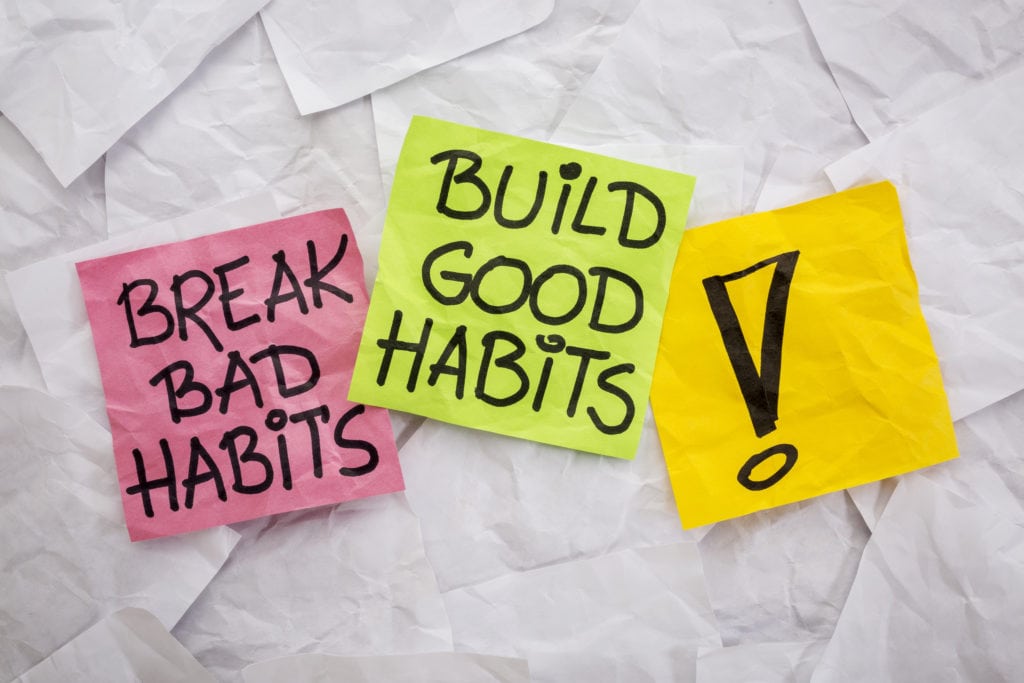Q: “Any advice for finding a job during COVID-19?” – Hector
A: In general, the blanket advice I would give anyone looking for a job is to keep following up. Any communication at all that you send a potential employer should be grammatically correct, professional, and well-written to truly exhibit your skills and professionalism. Know that opportunities at this time are limited, but don’t be discouraged. Be friendly, genuine, and well-spoken in the opportunities you do receive to give your impression an extra-special touch and to show them that, amidst the uncertainty, you are a strong and reliable choice. Anyone can have an extensive resume, but not everyone has the capacity for kindness and a true, approachable demeanor. Everyone is scrambling these days to get back on their feet: Make yourself stand out. Ask around, connect with your network, and follow up with people you’ve met to see if they know of any opportunities arising. I was led to my job simply by Facebook messaging a friend’s mom, who sent me a link to a job application. I had no idea that a brief question to the right person would land me the best job I’ve ever had. You never know! It will be an arduous journey, but don’t lose hope.
Q: “How do you know whether or not you are doing the right thing?” – Alessandro
A: Everyone is born with their own moral compass, whether adopted by nature or nurture, and to know when something is right is an inexplicable sensation. You just know. If you can imagine yourself doing something and then reflecting on it afterwards, do you think you’ll feel regret? Someone told me recently that your first gut feeling is always the truest representation of how you feel. Never do something you think that you will resent – but, of course, hindsight is always 20/20. Treat people how you would want to be treated. It can be hard in the moment to know if what you are doing is the right thing, but try to remember your first reaction to it. Was it what you really wanted to do? In my experience studying international politics and diplomacy, everyone says that one should do what brings “the greatest good for the greatest amount of people.” Take that into account. If someone else were in your shoes, what would you think they should do? Look at it from all sides and trust your instincts.

Q: “How do I break myself of bad habits?” – Soli
A: A middle school teacher of mine once told me that it takes 40 days to break yourself of a habit. Losing any part of your routine is a difficult adjustment; I won’t lie about that. The legend goes that if you have gone 40 days without doing something, you will no longer feel the urge to do that thing. The same goes for adopting habits: After 40 days of forcing yourself to do something, the 41st day will be effortless. It’s all about training your brain. Remain surrounded by distractions that stop you from craving that bad habit. Hang out with your friends (safely), pick up some new hobbies or some old hobbies, find a new show to binge, or settle into an exercise routine. Trade your bad habits for good ones. I couldn’t have gotten through a majority of my bad habits without the support of those around me. If we’re talking about how to stop biting your nails, of course, that’s a different ballfield. Generally, though, tough it through the first 40 days with plenty of distractions and new, exciting things. At the end of that period, ideally, you will find it much easier to survive without that vice. You can do it! If you’ve gotten through 2020, you can get through this.


